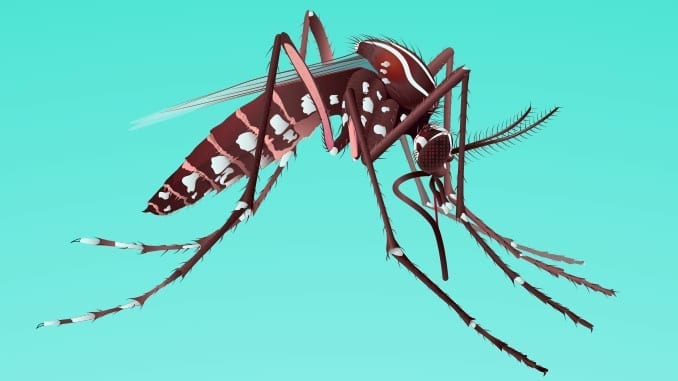A round of funding to support research on the emerging Zika virus was announced this week by the National Institute for Health Research (NIHR) Health Protection Research Unit (HPRU) in Emerging and Zoonotic Infections at the University of Liverpool.
Zika virus, which was first identified in humans in Africa in the 1950s, is the cause of a current widespread outbreak in South America. Its rapid spread has resulted in an estimated 1·5 million cases so far, with 4 million predicted across the continent by the end of the year. In February the World Health Organisation declared Zika a ‘public health emergency of international concern.’
The HPRU, which is a collaboration between the University of Liverpool, Public Health England and the Liverpool School of Tropical Medicine, has made £100,000 of pump-priming funding available to researchers to help kick-start Zika virus projects. The first round of awards is supporting eight projects ranging from improving diagnostics, clinical studies of the disease complications, understanding the disease mechanisms, and the spread of the virus by mosquitoes.
“There are major funding calls coming from the Medical Research Council, British Biotechnology and Biological Sciences Research Council, European Union, Wellcome Trust and others,” said Professor Tom Solomon, Director of the HPRU. “However, it was clear to us that small amounts of immediate funding would prove really useful, for example by getting researchers together to develop larger proposals, getting hold of essential reagents and starting preliminary studies.”
Professor David Heymann who chairs the HPRU’s Scientific Advisory Board added: “There are clearly a number of very important public health issues to address, and how they are addressed will require better understanding the relationship of this Zika outbreak to the neurological events that appear to be associated. This rapid response from the HPRU is helping to catalyse important research addressing some of the key questions.”



